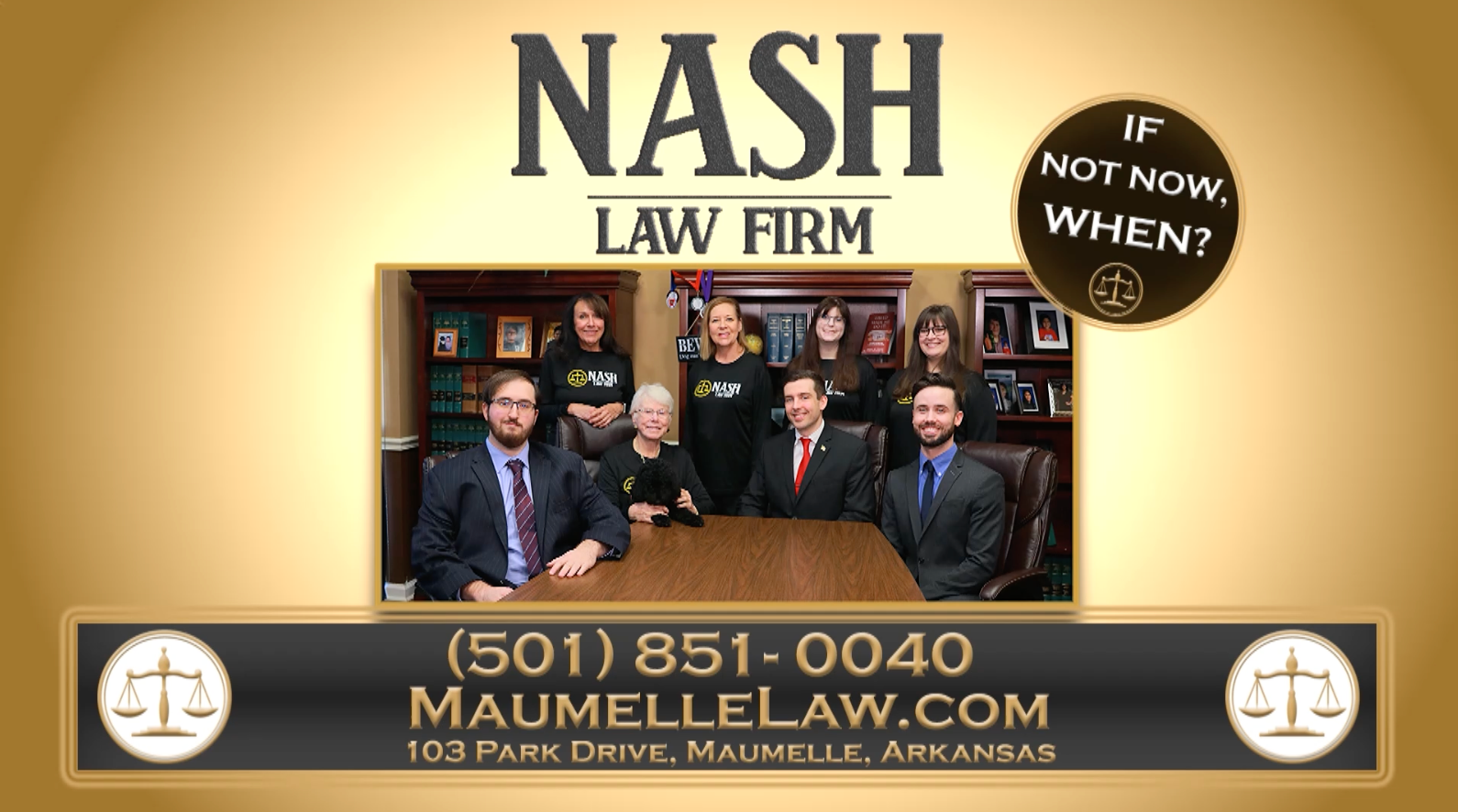Understanding the Role of an Executor: Duties and Responsibilities

When a loved one passes away, their estate must be managed and distributed according to their will. This critical task falls to the executor, a role that comes with significant responsibilities. Understanding the duties and responsibilities of an executor can help you navigate this important position effectively.
1. Gathering and Valuing Assets
One of the primary responsibilities of an executor is to identify and gather all the deceased's assets. This includes real estate, bank accounts, investments, personal belongings, and any other property. Once gathered, the executor must assess and document the value of these assets, often with the help of professionals like appraisers or accountants.
2. Paying Debts and Taxes
The executor is responsible for paying off any outstanding debts the deceased may have left behind. This includes mortgages, credit card debts, personal loans, and other financial obligations. Additionally, the executor must ensure that all necessary taxes are filed and paid, including income tax, estate tax, and inheritance tax.
3. Managing Estate Finances
Throughout the probate process, the executor must manage the estate's finances. This involves maintaining records of all transactions, paying ongoing expenses (like utility bills or mortgage payments), and keeping the estate's financial matters in order until the distribution is complete.
4. Distributing Assets to Beneficiaries
After all debts and taxes have been paid, the executor's next duty is to distribute the remaining assets to the beneficiaries as outlined in the will. This process must be carried out fairly and transparently, following the legal requirements and the deceased's wishes.
5. Handling Legal Matters
The executor must navigate various legal procedures, including filing the will with the probate court, attending probate hearings, and responding to any legal challenges to the will. This often requires the assistance of an estate attorney to ensure all legal obligations are met correctly.
6. Communicating with Beneficiaries
Effective communication is crucial for an executor. Keeping beneficiaries informed about the progress of the probate process, addressing their concerns, and providing updates on asset distribution are essential parts of the role.
7. Closing the Estate
Once all assets have been distributed and financial matters settled, the executor must formally close the estate. This involves submitting a final accounting to the probate court and obtaining approval to close the estate.
Serving as an executor is a significant responsibility that requires attention to detail, organization, and a thorough understanding of legal and financial matters. If you have been named an executor and need guidance, or if you are planning your estate and want to ensure you choose the right executor, Nash Law Firm can help.
Contact Nash Law Firm today for a free consultation. Our experienced estate planning attorneys are here to assist you in navigating the complexities of estate administration, ensuring that your loved one’s wishes are honored and that the process runs smoothly.
DISCLAIMER:
The information provided on this website does not, and is not intended to, constitute legal advice; instead, all information, content, and materials available on this site are for general informational purposes only. Information on this website may not constitute the most up-to-date legal or other information. This website contains links to other third-party websites. Such links are only for the convenience of the reader, user or browser; the Nash Law Firm does not recommend or endorse the contents of the third-party sites.
Readers of this website should contact their attorney to obtain advice with respect to any particular legal matter. No reader, user, or browser of this site should act or refrain from acting on the basis of information on this site without first seeking legal advice from counsel in the relevant jurisdiction. Only your individual attorney can provide assurances that the information contained herein – and your interpretation of it – is applicable or appropriate to your particular situation. Use of, and access to, this website or any of the links or resources contained within the site do not create an attorney-client relationship between the reader, user, or browser and website authors, contributors, or Nash Law Firm.









![Nash Law Firm Logo [click to return home] Nash Law Firm](https://lirp.cdn-website.com/8c4d5b2c/dms3rep/multi/opt/nashlogo_colorgray_horz-1920w.png)


![Nash Law Firm Logo [click to return home] Nash Law Firm Logo](https://lirp.cdn-website.com/8c4d5b2c/dms3rep/multi/opt/nashlogo_whgold_horz-1920w.png)

